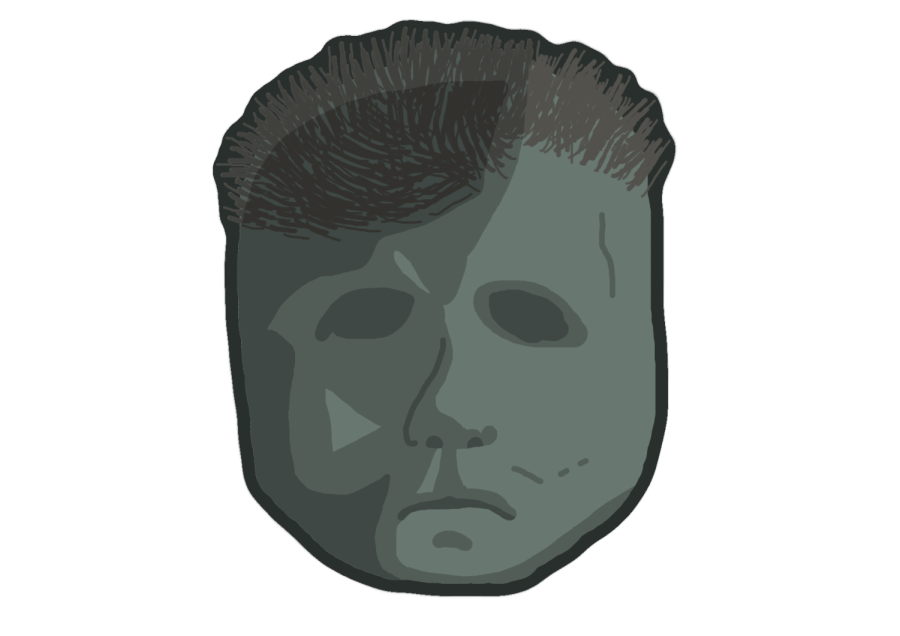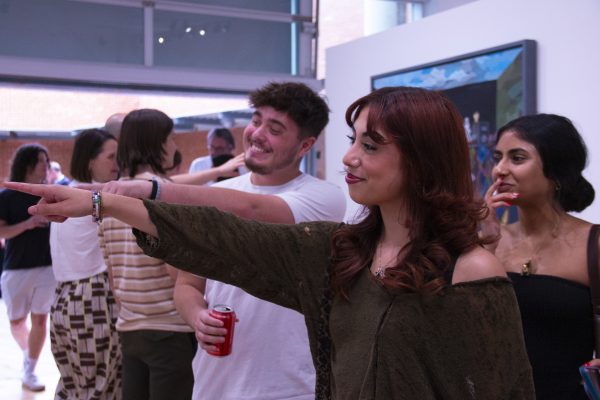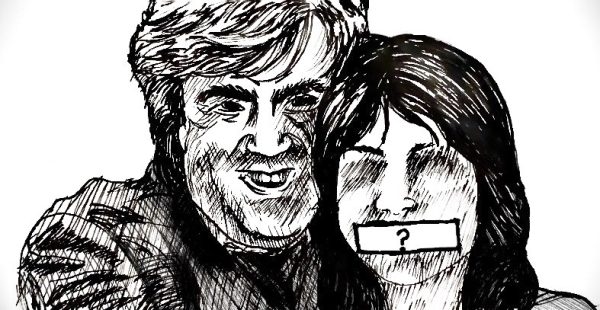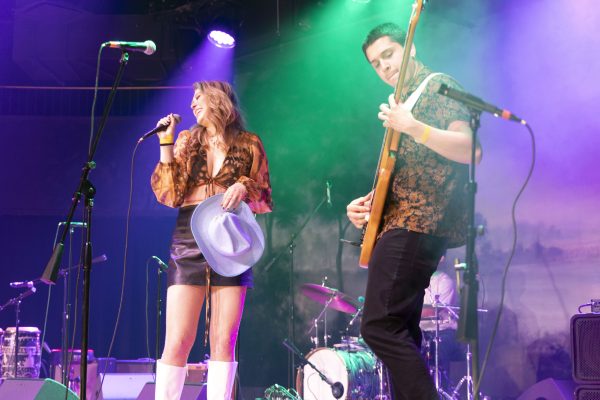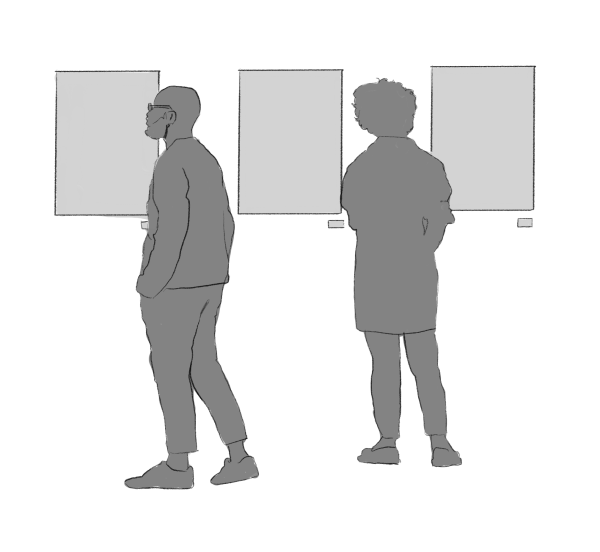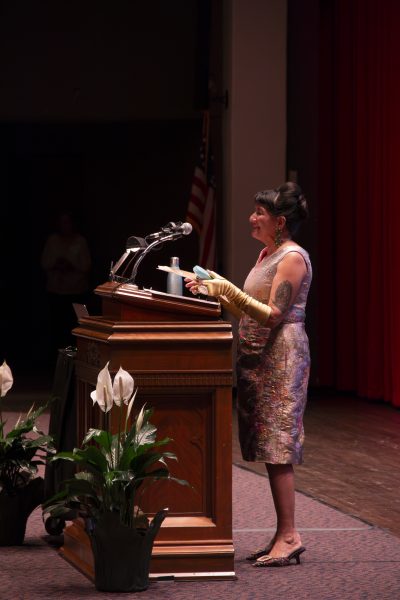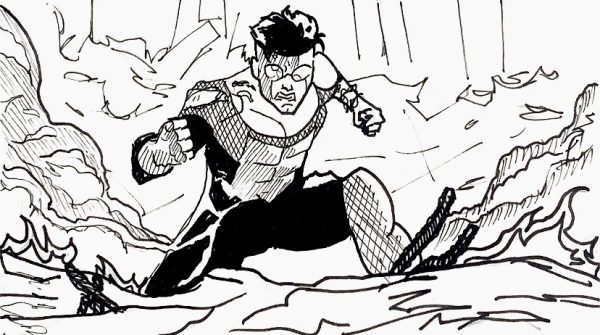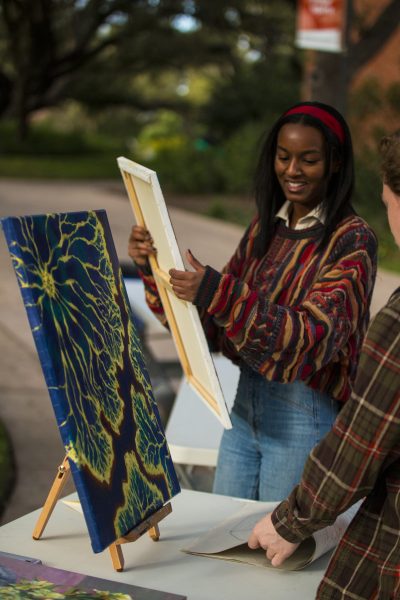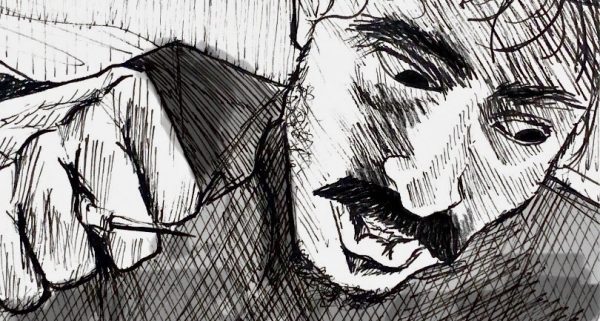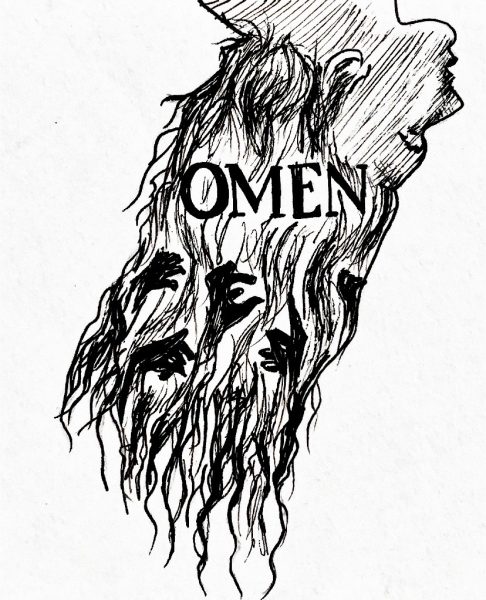“Halloween Ends” … until the next one
This franchise’s “finale” proves that originality doesn’t always guarantee quality
“Halloween Ends” is the latest entry in the iconic “Halloween” franchise, and stars Jamie Lee Curtis, Andi Matichak, Rohan Campbell, Will Patton, Kyle Richards and James Jude Courtney. The film follows the final confrontation between Laurie Strode and the evil Michael Myers … aka the Shape.
I’m not really a big fan of the “Halloween” franchise. I enjoyed John Carpenter’s original film, but, unfortunately, I’ve seen so many slashers that a lot of it didn’t really stand out to me, with the one exception being Carpenter’s fantastic synthwave score.
Over the past 45 years, the series has amassed five different timelines, with things getting progressively weirder. When director David Gordon Green started developing his trilogy of sequels (starting with 2018’s “Halloween”), he wiped the slate clean, only retaining the continuity of Carpenter’s classic. Now, the story just consists of Myers breaking out of the asylum and going on a killing spree — he and Laurie are no longer siblings, he isn’t explicitly supernatural anymore and Busta Rhymes didn’t fight Michael with kung fu and cheesy one-liners.
In spite of this, Green’s trilogy fails to work as a return to the franchise’s former glory or as a cohesive story … mostly thanks to “Halloween Ends.” As with Green’s previous entries, this film has some strong moments and captivating ideas, but the end product is incredibly messy.
The biggest asset of this film (and the trilogy) is the score from John Carpenter, Cody Carpenter and Daniel Davies, which helps make it stylistically similar to the original. Thankfully, it still includes new compositions, whereas some of the other sequels just reuse the main theme.
Another strong aspect of the film is the brutal violence. There isn’t as much as one would expect, but Green still finds creative and gruesome ways to depict its kills. Most of these characters are unlikable anyway, so their brutal deaths are pretty satisfying as well as horrifying.
The movie also has some solid performances, particularly from Curtis and Campbell. Curtis, unfortunately, played a very passive role in the previous film, so it was nice to see her actually doing things in this movie, even if I didn’t like what she was doing. And although a lot of people (myself included) don’t like his character, I think that Campbell was pretty good in the role. There are some character shifts that he doesn’t completely sell, but it’s hard to blame the actor when the script was so poorly written.
While “Halloween Ends” is clearly not going to be the final film of the franchise, Green does deliver a satisfying final battle between Laurie and Michael. It’s brutal and harrowing, and the sense of finality is respectable. Green has stated that this will be the end of his “Halloween” story, and I can definitely say that this film’s ending does feel like the end of a story. If only this great ending wasn’t wasted on a poorly written-film.
WARNING: Spoilers for “Halloween Kills:”
The biggest problem with this film is that the trilogy feels as if it wasn’t actually planned out in the first place. While the first two films took place on Halloween 2018, “Ends” is set four years later. This time jump not only messes up the franchise’s timeline but also makes the franchise feel less focused. So the whole premise of the 2018 film was to show that Laurie was traumatized after the events of the 1978 film, leading her to obsessively prepare to fight Myers on the off-chance that he was to escape from the asylum. These extreme measures separated her from her daughter Karen and granddaughter Allyson. However, the family eventually reunites when Myers does end up going on a killing spree. “Kills” is set immediately after the original, and it shows Myers killing even more people, including Karen.
With this happening at the very end of “Kills,” one would assume that “Ends” would be set in the immediate aftermath.
In spite of this trilogy capper having a very clear direction to go in, “Ends” takes things in an entirely different direction. The film follows Corey Cunningham (played by Campbell), a young man accused of killing a boy he was babysitting. Soon after the incident, a spate of violence again ensues, forcing Laurie to once again confront the evil she had decided to stop fighting. Also, Myers has just been living in the sewers for the past four years; I don’t know why, and I can guarantee that neither does the film’s writers.
One of the biggest problems I have with this concept is the character of Laurie Strode herself. This is the first time that we have seen this woman actually being happy (or at least content) since the 1978 film, which is very strange when you remember that her daughter was brutally murdered four years prior. After spending 40 years of her life being ruled by her fear of Myers, Laurie’s actions are ultimately validated throughout the events of the past two films. However, when her daughter is killed, somehow she not only decides that she was wrong to live her life in fear, but she also just … gets over it in less than four years? This might have been better if Green had included scenes of her grieving, but at the risk of making the pacing even worse.
There are a lot of other elements about “Halloween Ends” that don’t work for me, but I think that these issues are big enough to explain why the film fails as a trilogy capper. In spite of some decent performances, brutal kills and fantastic music, Green’s final “Halloween” film is a complete mess, and, unlike “Halloween Kills,” not an enjoyable one.
RATING: 3/10
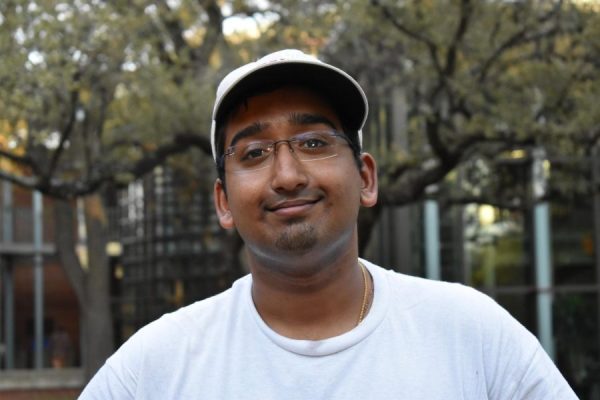
Hey guys! My name is Om Dighe, and I'm an arts columnist specializing mainly in movies, television and video games. I'm from Spring, Texas, and I'm a...
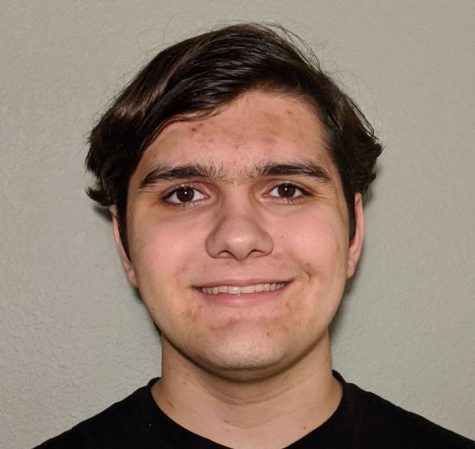
I'm Tony Rodriguez! I'm a junior from San Antonio, TX, majoring in math, and I worked as a copy editor for the Trinitonian about two years ago and am now...

